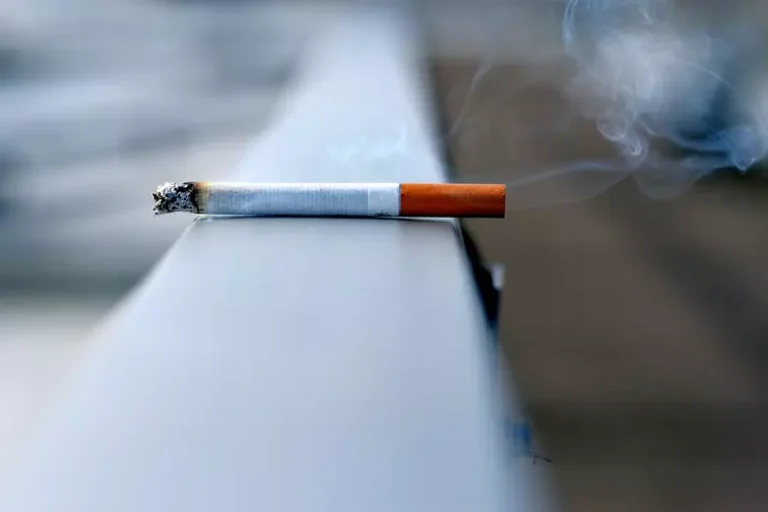🎧 Listen to This Article
Indiana is set to implement significant tax hikes on cigarettes and gasoline starting July 1, marking the state’s most substantial cigarette tax increase in nearly two decades, alongside a steady incremental rise in the gasoline excise tax. These legislative measures respond to looming revenue shortfalls while aiming to generate public health benefits and strengthen transportation infrastructure funding.
Cigarette Tax Jumps From $1 to $3 per Pack
For the first time since 2007, Indiana’s cigarette tax will triple from $1 to $3 per pack. The Indiana Chamber of Commerce projects that cigarette prices will average around $11 per pack following this hike. Prices on other tobacco and nicotine products will also rise accordingly.
Public health advocates hail the increase as a strategic “win-win-win,” emphasizing its potential to reduce tobacco consumption, encourage quitting, and boost state revenues. Mike Seilback, National Assistant Vice President for State Public Policy at the American Lung Association, notes the addictive nature of nicotine, highlighting that smokers typically require multiple quit attempts before success. The tax increase could incentivize 38,000 adult Indiana smokers to quit, yielding health improvements such as reduced heart attacks and fewer asthma attacks related to secondhand smoke, with long-term declines in lung cancer incidence.
Vanessa Green Sinders, President and CEO of the Indiana Chamber of Commerce, underscores the economic rationale behind the move. She references a 2020 Indiana Tobacco Prevention and Cessation Commission study estimating that smoking-related health care and productivity losses cost employers approximately $5,800 per smoking employee annually—totaling over $6 billion statewide. A healthier workforce is vital to sustaining business productivity and reducing absenteeism.
To capitalize on this policy moment, the Chamber’s Wellness Council has released an enhanced “Quit Now Tool,” designed to support employers in helping employees navigate quitting efforts through accessible online resources and progress tracking.
Gasoline Excise Tax Continues Incremental Increase
Simultaneously, Indiana’s gasoline excise tax will increase by one cent, reaching 36 cents per gallon. This gradual rise is tied to inflation adjustments, capped at one cent annually by state law. The revenue supports critical transportation infrastructure essential to economic prosperity.
The gasoline sales tax will also tick up by approximately one cent, to 17.5 cents per gallon, bringing combined state and federal fuel taxes—including the 18.4-cent federal gas tax and a one-cent oil inspection fee—to nearly 73 cents per gallon.
While opinions among businesses are mixed regarding the fuel tax hike, Sinders emphasizes that well-maintained infrastructure underpins economic success and is a shared priority among diverse stakeholders.
Policy Outlook and Emerging Challenges
Despite the positive momentum, public health experts caution that new nicotine delivery products—such as nicotine pouches and heated tobacco devices—pose regulatory challenges. These products are gaining popularity among younger demographics and are often outside current tax policies.
Seilback stresses the importance of continued legislative vigilance to ensure these novel products are adequately taxed to prevent substitution and to sustain public health gains.
For further details, clarification, contributions, or any concerns regarding this article, please get in touch with us at editorial@tax.news. We value your feedback and are committed to providing accurate and timely information. Please note that our privacy policy will handle all inquiries.



